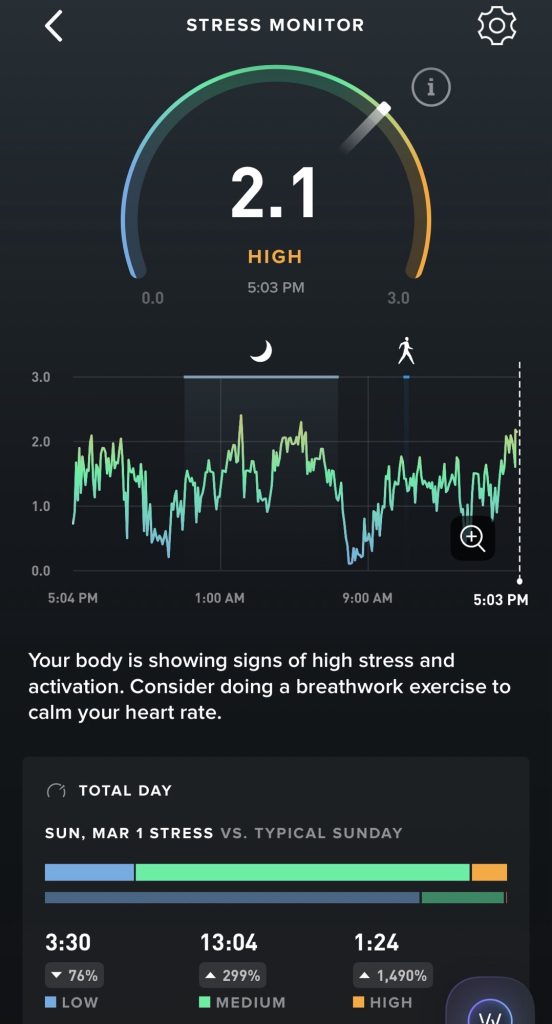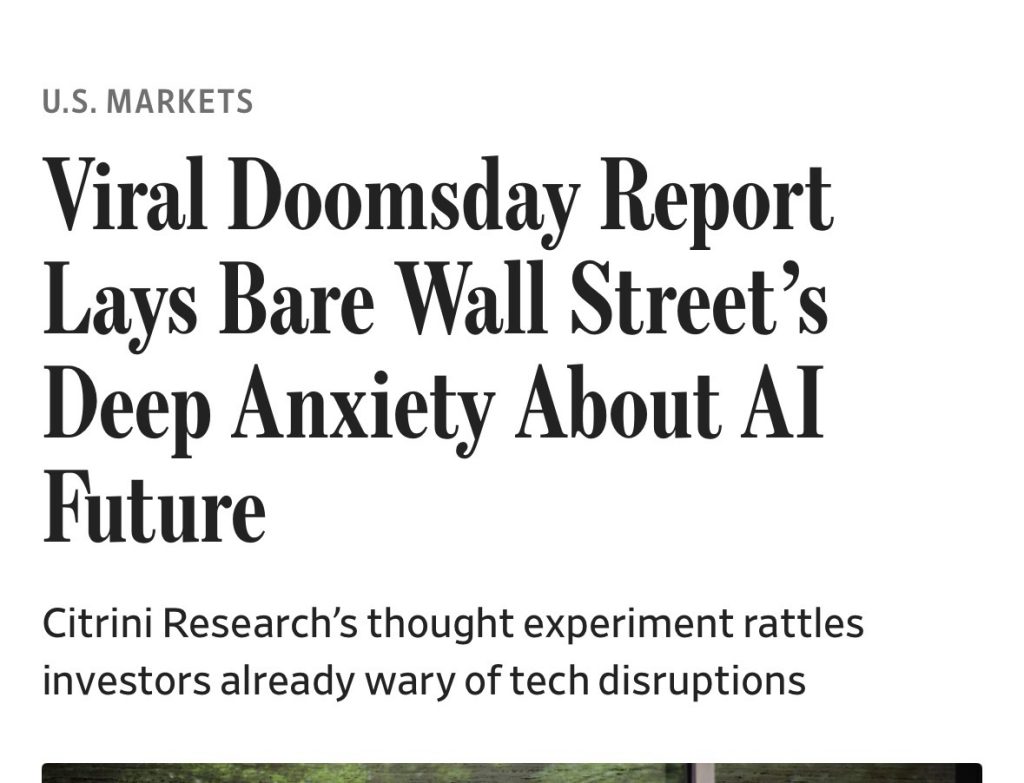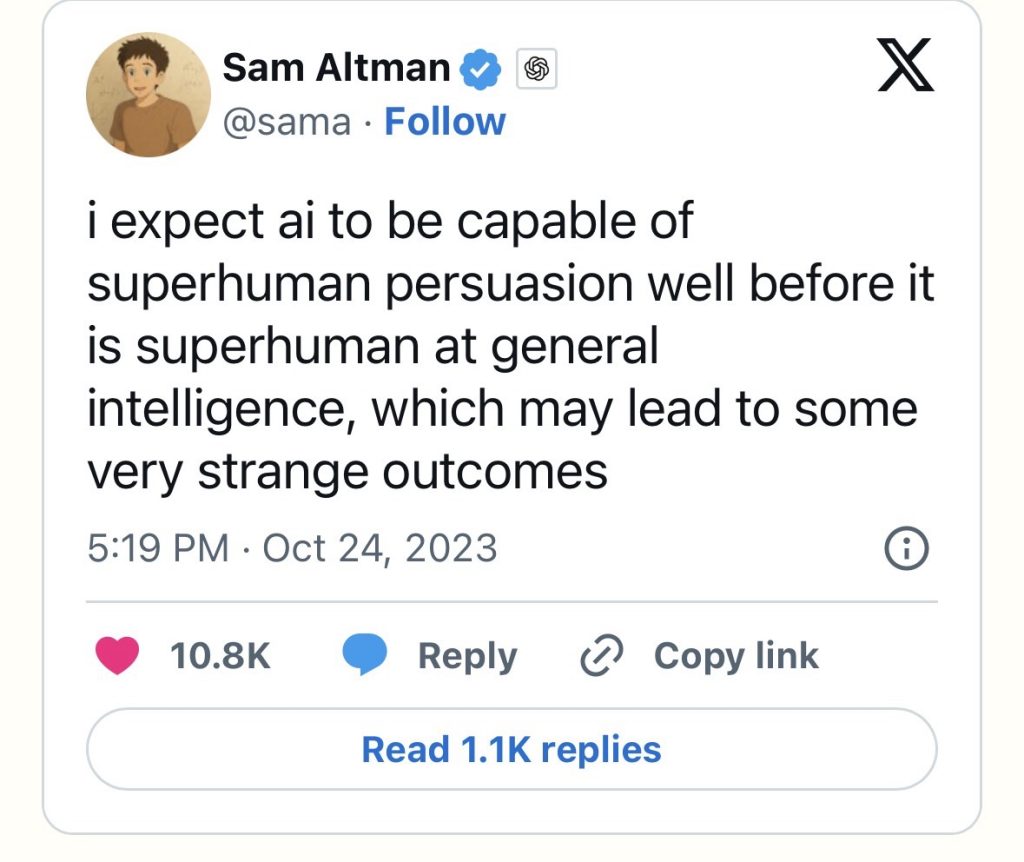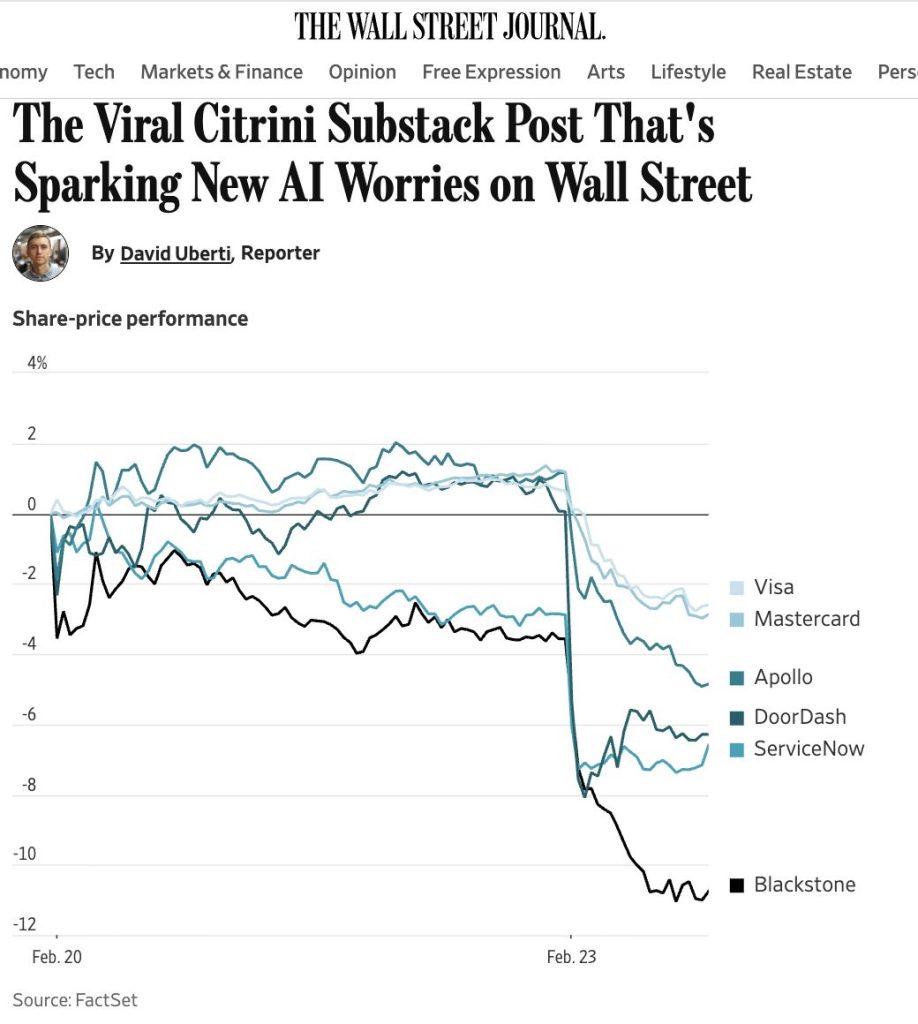As the “monitoring of the situation” reached whole new levels, I took some time to touch grass today. I don’t think I opened more phone more than a dozen times before writing tonight.
So many mutuals are teaching themselves automation skills by building situation monitoring boards that maybe the Department of War doesn’t need Claude. It was charmingly easy to keep up. Which is a very distorted and dystopian way of living out the hard realism of kinetic power in real time.
If America is backstopping Loyld’s of London shipping insurance, then to repeat a Keanu Reeves meme style. Yeah I’m thinking that America is back. But I’m getting to old for this shit. It’s all TV tropes now as we unmoor in the propaganda. Which is run by an honest to goodness critical theorist who trained with Jurgen Habermas.
So instead I stared out over the horizon as the wind gently brought fresh air in from across a wide open vista. I enjoyed my friend’s company as we talked about jhanna meditation and compute pricing. We saw a seal winning along the shoreline. I put on sunscreen twice as we stayed out in the sun.
How luxurious is it I had long leisurely in-person time with a friend. Not all of my business is with friends but I cherish the ones with whom I do.
We walked and talked and broke for lunch and discussed problems from the most abstract to the most precise. Having given the world so much access to all of human creation and taste, did the market provide an original version of the driftwood horse decoration or has there only ever been the mass market design? Neal Stephenson fans get it. Baudrillard too.
Fashion people and technology people worry about these questions of taste because they are questions of control and tooling. The source culture of engineering culture shared context. How abstract is too abstract? What is enough to enable the builder to use your tool?
It was good to be outside in the sun with someone and talk. That activity needs no shared context beyond humanity. We have missed it in the hubbub.
Isn’t it funny how just as the internet is losing its humans, the humans who met only thanks to the marvels of the network are finding new offline systems? The network can reprogram itself.
I have dear friends and successful investments that I have spent hardly a single moment commingled in time and place with. I imagine that age is either just beginning or just ending and I am not sure which. So today I was outside in the sun talking. I don’t know if we made any progress but maybe I’ll only know in the far future.










